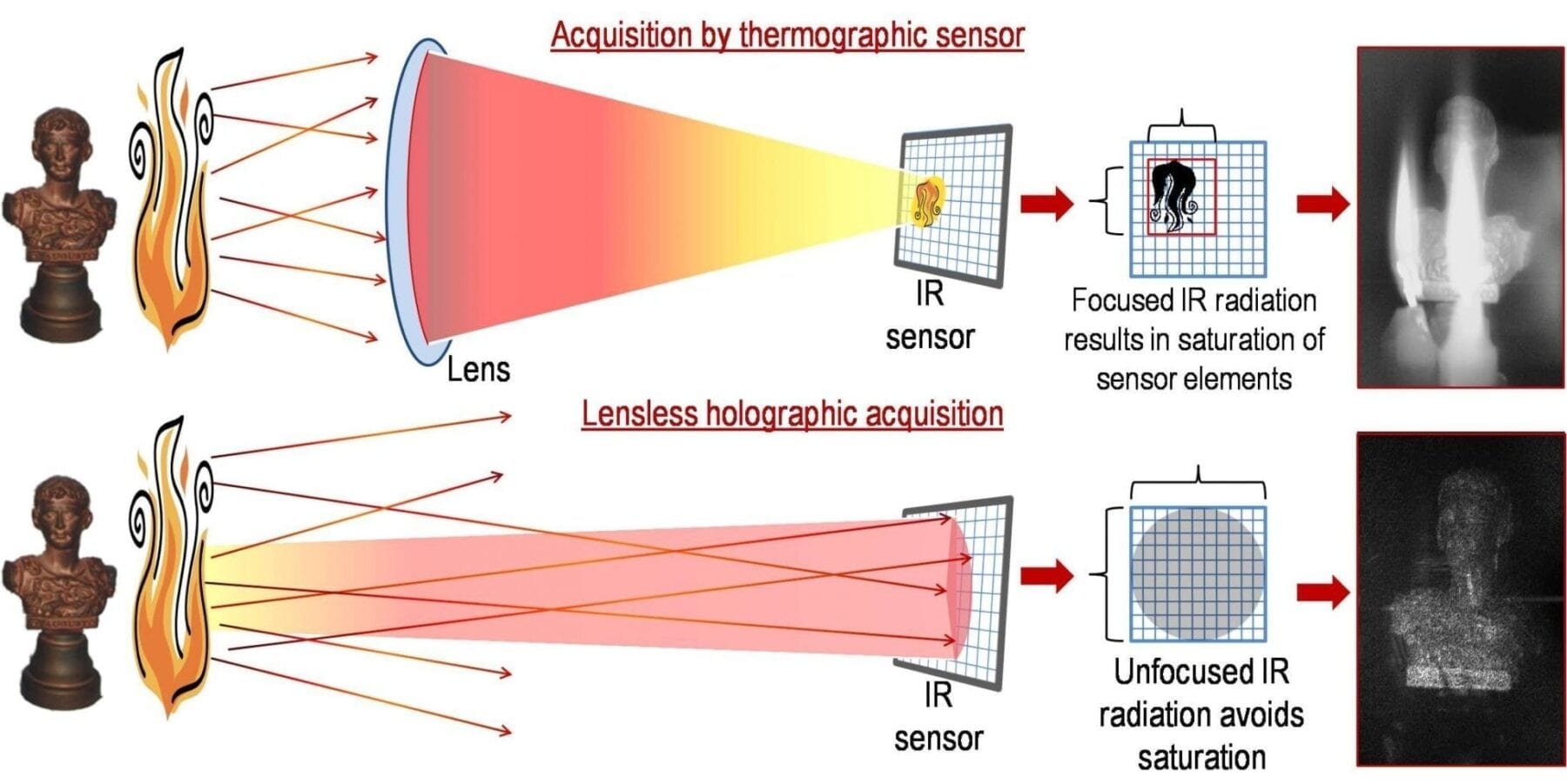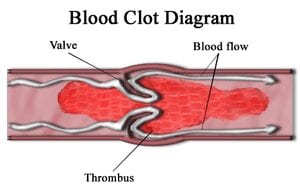
“The cool part about the PoNS is that we’re actually seeing improvements that restore mobility and balance”
Kim Kozelichki took a deep breath and began to walk along a hot pink string on the floor as if it were a tightrope. The way her husband, Todd, cheered her on, you’d have hought the string was 10 feet off the floor.
“Come on, Kim! Go! Go! Go!” he said. When she finished flawlessly, her husband of 17 years stopped recording video on his phone and looked at her. “Wow, Kim. That was unbelievable.” Unbelievable because just mere months ago, Kim wouldn’t even attempt to walk along that hot pink string. She was afraid she’d fall over. Diagnosed with elapsing/remitting Multiple Sclerosis (MS) in May 1997 at the age of 26, the former collegiate tennis athlete used a wheelchair for long distances. Tremors forced her to stop using a pen.
Looking at her now, you’d never know thanks to a promising study at UNMC’s Munroe-Meyer Institute. Kozelichki is one of five participants in a pilot study to determine if a device called the PoNS, along with a strict regimen of physical therapy, can help those with neurodegenerative diseases regain what they’ve lost. A battery-powered device, the PoNS — developed by a trio of researchers at the University of Wisconsin — is placed in the mouth where thousands of nerve endings on the tongue can send messages to the healthy areas of the brain. The idea is that the stimulation, in combination with therapeutic exercise, helps the brain form new neural pathways for ecovering functions like balance and movement. Those skills are vital for those affected by MS, cerebral palsy, traumatic brain injuries, strokes and Parkinson’s disease.
“The cool part about the PoNS is that we’re actually seeing improvements that restore mobility and balance, which is the complete opposite of what drug therapies are after — slowing the degradation,” said Max Kurz, Ph.D., the director of biomechanics at MMI and lead investigator of the study. “For most people with MS, their motor skills get worse. Rarely do they maintain or improve.”
Kozelichki takes pills morning, noon and night, but none of those medicines has done what the PoNS seems to do.
“She’s gone from dragging a leg to jogging,” said Todd Kozelichki. “We can now go for walks together. That’s something we haven’t been able to do in years.”
The Latest Bing News on:
PoNS
- Pons-Café tandem, Dionela-Gemarino duo win beach volley meet in San Juanon April 27, 2024 at 8:59 am
Melody Pons and Sheena Cafe and National University’s Johnwayne Dionela and Rain Skyler Gemarino earned top honors in the Beach Volleyball Republic (BVR) Summer Kickoff at the beach volleyball courts ...
- MotoGP, VIDEO - Site Pons confident: "Marquez logical choice for Ducati in 2025"on April 26, 2024 at 9:23 am
MotoGP: The Spaniard sees Marc as Pecco Bagnaia's future teammate in Ducati Factory, preferring him to Martìn and Bastianini: "If he wants to win he must choose him, he has shown he is ready" ...
- Sun Blasts Comet, Breaking Off Its Tailon April 25, 2024 at 6:43 am
The agency's STEREO A spacecraft captured the sequence of events in early April, when the Sun spewed a coronal mass ejection — an explosion of plasma from the Sun's corona — just as the comet 12P/Pons ...
- April 21: Comet Pons-Brooks makes its closest approach to the sun.on April 25, 2024 at 6:32 am
Comet Pons-Brooks, which has a shape that has been compared to “devil horns” and even the Millennium Falcon of “Star Wars,” swings around the sun every 71 years, becoming brighter and ...
- Shakira and Lele Pons share Instagram collab; ‘My biggest dream’on April 23, 2024 at 3:31 pm
Shakira and Lele Pons have teamed up for some fun Instagram videos. The two shared videos and photos over the past couple of days, with Pons sharing an emotional statement and revealing how special it ...
- 'Devil Comet' 12P/Pons-Brooks reaches peak brightness tonight. Here's how to see iton April 21, 2024 at 3:00 am
The "Devil Comet" will reach peak brightness this weekend as it passes near the sun. The comet, also known as 12P/Pons-Brooks, visits the inner solar system every 71 years and will reach perihelion — ...
- 'Devil Comet' 12P/Pons-Brooks is heading for the sun. Will it survive?on April 19, 2024 at 6:27 am
Comet 12P/Pons-Brooks will make its closest approach to the sun on April 21.
- Comet 12/P Pons-Brooks aka ‘Devil comet’ to wow Australian skies this weekendon April 17, 2024 at 6:22 pm
Australian stargazers are in for a treat this week, as the rare ‘Devil Comet’ becomes visible in Australian skies before disappearing for another 71 years.
- ‘Devil Comet’ called 12P/Pons-Brook set to be at its brightest in Australian skies this weekendon April 16, 2024 at 4:40 pm
The Devil Comet called 12P/Pons-Brooks has already been visible for Northern Hemisphere viewers, but prime time is fast approaching in the South. The rare celestial event will be at its brightest this ...
- Comet 12P/Pons-Brooks, aka the 'Devil Comet' is visible this week. Here's how to spot iton April 16, 2024 at 1:00 pm
Australians will be able to see comet 12P/Pons-Brooks aka the 'Devil Comet' this week even without a telescope or binoculars. Here's how to spot it and snap a photo.
The Latest Google Headlines on:
PoNS
[google_news title=”” keyword=”PoNS” num_posts=”10″ blurb_length=”0″ show_thumb=”left”] [/vc_column_text]The Latest Bing News on:
Restoring mobility and balance
- Hip Flexor Pain? It Might Actually Be Your Psoas Muscle—Here’s How to Release Iton April 27, 2024 at 3:05 am
The main job of the psoas is to flex and rotate the hips when bringing your legs forward or toward your chest (how your legs move when walking or running), assist in side-bending and rotating the ...
- Unveiling Quality and Value: Exploring the Best Refurbished Laptopson April 26, 2024 at 1:41 am
In the ever-evolving landscape of technology, the quest for the perfect laptop often leads consumers to explore a myriad of options, ranging from the latest models boasting cutting-edge features to ...
- Youth mobility deal risks waking sleeping Brexit dogson April 25, 2024 at 9:01 am
Good afternoon. There’s been some weeping and gnashing of teeth in the more liberal corners of Brexitland this past week over the news that Labour has “no plans” to negotiate a youth mobility scheme ...
- No Bull: How Creating Less-Gassy Cows Could Help Fight Climate Changeon April 23, 2024 at 12:56 pm
Breeding less-flatulent cows and restoring agricultural land could significantly reduce rising methane emission level ...
- Michigan Central about to open, but what will be inside?on April 21, 2024 at 8:00 pm
Fulfilling the vision is likely to take years, according to project leaders, who promise more details will be shared in June, when the facility opens.
- Execs forgo salaries as D.C. inaction continues on Section 174on April 18, 2024 at 4:58 am
More and more early-stage startups are bending under the pressure of higher taxes as lawmakers in Washington fail to take action.
- Discovering the Marvels: Top 11 Extraordinary Facts About Chirp Wheelon April 17, 2024 at 11:00 pm
In the realm of fitness and wellness, innovative products continually emerge, aiming to revolutionize the way we approach exercise, pain relief, and overall well-being. Among these groundbreaking ...
- Stretching isn’t always the answer for pain and muscle tensionon April 16, 2024 at 7:03 am
But what if I told you that the road to improved mobility isn’t always paved with stretching ... which could include strengthening and corrective exercise to increase stability and restore alignment.
- The Next Frontier for Brain Implants Is Artificial Visionon April 15, 2024 at 2:00 am
Elon Musk’s Neuralink and others are developing devices that could provide blind people with a crude sense of sight.
- Back pain no longer slowing down this 83-year-old Utah runneron April 11, 2024 at 12:01 pm
Determined to keep an active lifestyle, Max continued to walk every day — but with this new instability, he was forced to constantly look down to keep his balance ... Improve spine flexibility and ...
The Latest Google Headlines on:
Restoring mobility and balance
[google_news title=”” keyword=”restoring mobility and balance” num_posts=”10″ blurb_length=”0″ show_thumb=”left”]



